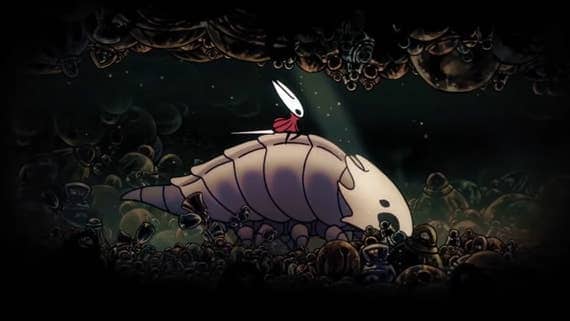
Team Cherry’s patient approach to game development reveals what happens when artistic vision meets financial freedom.
Most indie studios battle crunch deadlines and publisher pressure, but Team Cherry spent seven years crafting Silksong in what can only be described as developer paradise. The Australian studio’s approach defies every industry assumption about prolonged development cycles. “It was never stuck or anything… It was always progressing. It’s just the case that we’re a small team, and games take a lot of time,” according to the developers.
Financial Success Bought Creative Freedom
Hollow Knight’s runaway popularity eliminated commercial pressure entirely.
Fifteen million copies sold changed everything for Team Cherry. What started as modest success became indie gaming legend, generating enough revenue to fund Silksong without external pressure or monetary constraints. Most indie developers face constant financial anxiety, but Team Cherry could afford to iterate endlessly. This freedom transformed what began as simple DLC into an ambitious sequel rivaling the original game’s scope.
Scope Creep Became Feature Paradise
The team’s iterative process turned small ideas into major expansions.
Silksong exploded beyond its original concept through pure creative momentum. Team Cherry’s development style prioritized immediate implementation—”Ideas turn into something… almost immediately before your eyes, and that’s very satisfying.” Multiple towns, advanced quest mechanics, and an expanded world map emerged organically. The studio embraced this growth rather than fighting it, understanding that artificial constraints would diminish their vision.
Tiny Teams Dodge Industry Dysfunction
Two founders plus minimal staff avoided bureaucratic nightmare scenarios.
Standard game studios drown in management overhead and hierarchical dysfunction. Team Cherry sidestepped this entirely with their skeleton crew approach—primarily founders plus composer Christopher Larkin and select contractors. No crunch culture, no burnout, no corporate meddling. Even COVID-19 barely registered in Adelaide, Australia, allowing uninterrupted progress while other studios struggled with lockdowns.
Strategic Silence Protected the Vision
Going dark after 2019 prevented spoilers and managed fan expectations.
Team Cherry’s communication blackout wasn’t negligence—it was intentional curation. Rather than frustrate fans with repetitive “still working on it” updates, they chose silence to preserve discovery and avoid revealing content prematurely. You might find this approach maddening, but it reflects their commitment to delivering complete experiences rather than managing hype cycles. The final product speaks louder than any development diary ever could.
Last modified: August 21, 2025






